14 GPTs for Clinical Diagnostics Powered by AI for Free of 2026
AI GPTs for Clinical Diagnostics are advanced tools that leverage the power of Generative Pre-trained Transformers (GPTs) to offer tailored solutions in the healthcare and clinical diagnostics field. These AI models are specially designed to understand, interpret, and analyze clinical data, providing support in diagnostics, patient care, and medical research. By integrating natural language processing and machine learning, these tools can process vast amounts of medical literature, patient data, and clinical guidelines to aid in accurate and efficient diagnostics.
Top 10 GPTs for Clinical Diagnostics are: VETERINARY ADVISOR,fMRI Expert,Biochemistry,Sonografie Befund Experte,Infectious Insight: A Lab Tool,Primer Pro,DattaGPT for Chest CT,GERA - The Genetic Report Assistant,Sclépios I.A: Complex Case,Veterinary Urinary Edu
VETERINARY ADVISOR
Empowering pet care with AI insights

fMRI Expert
Empowering Neuroimaging with AI
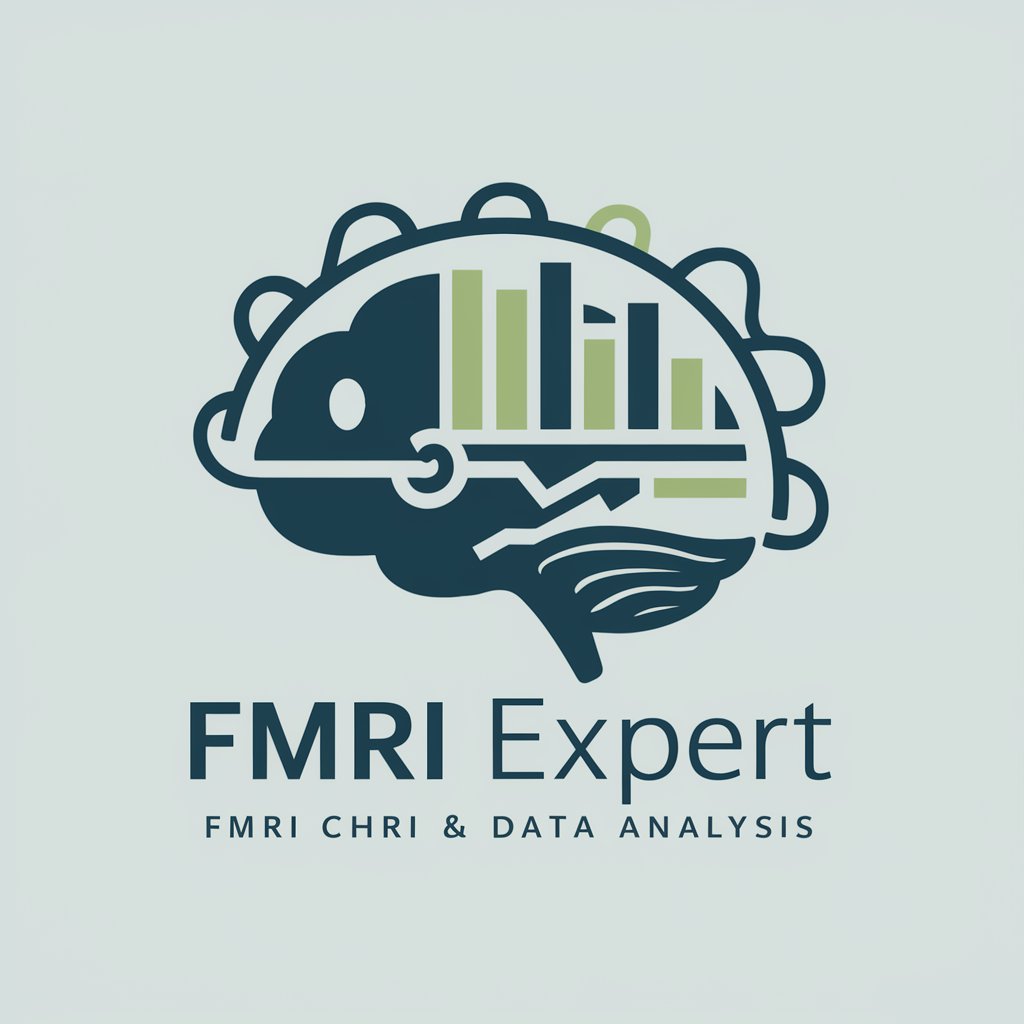
Biochemistry
Unlocking Biochemical Mysteries with AI

Sonografie Befund Experte
Revolutionizing Ultrasound Analysis with AI

Infectious Insight: A Lab Tool
Empowering labs with AI-driven infectious insights
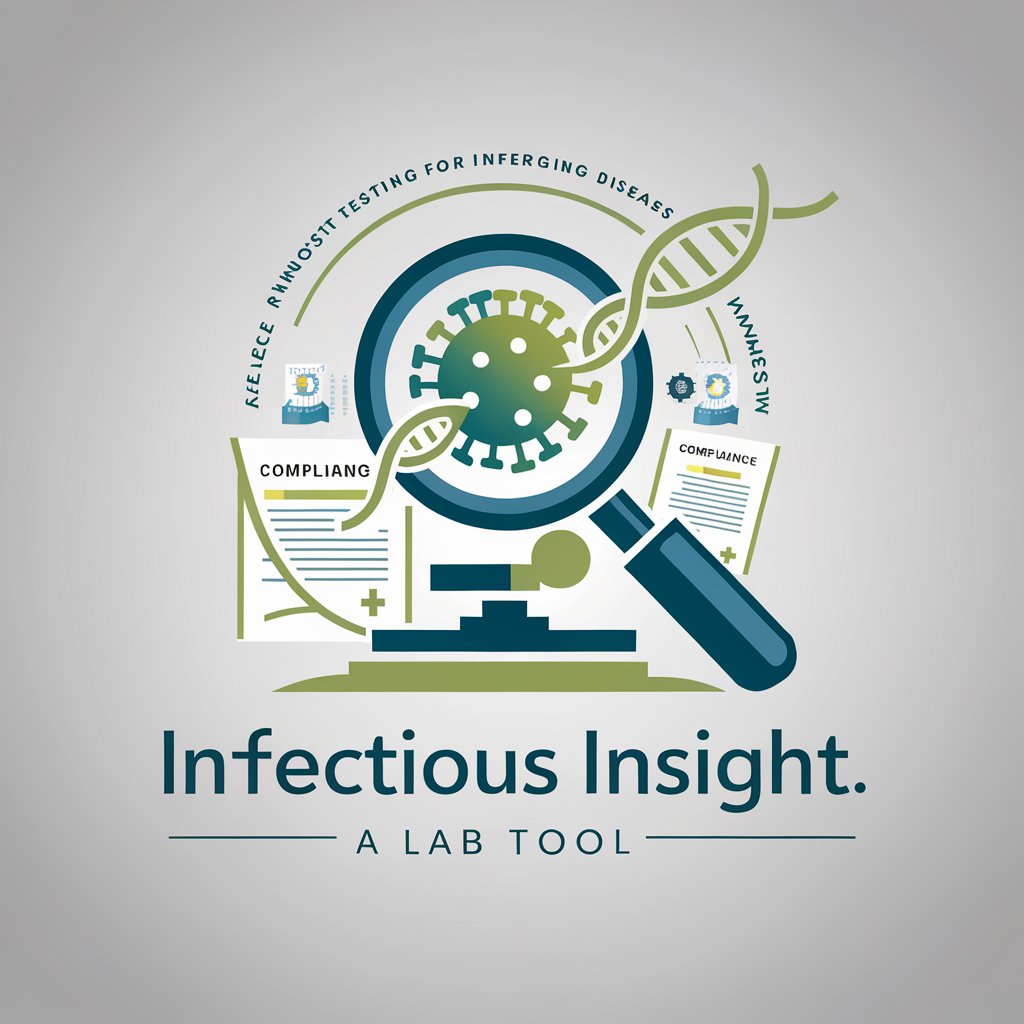
Primer Pro
Designing Primers with Precision
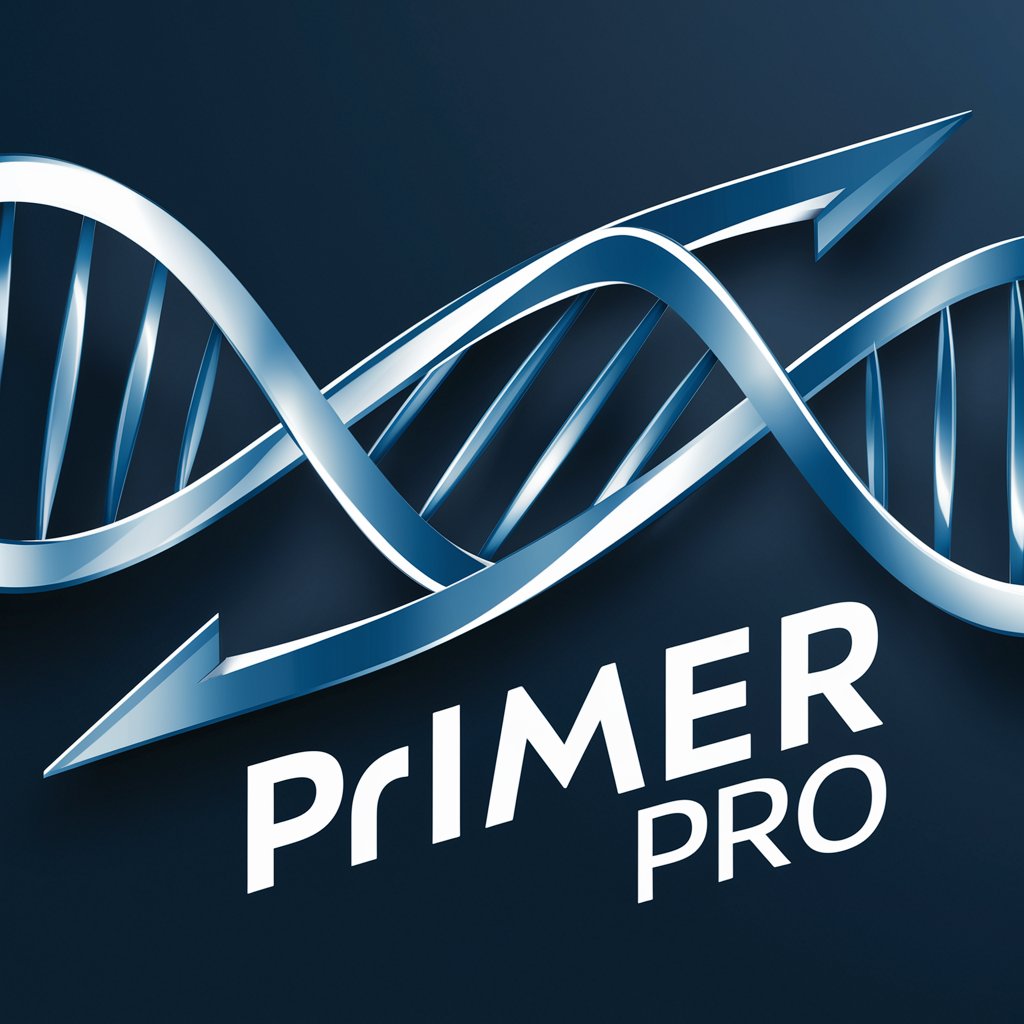
DattaGPT for Chest CT
Transforming Radiology with AI Precision
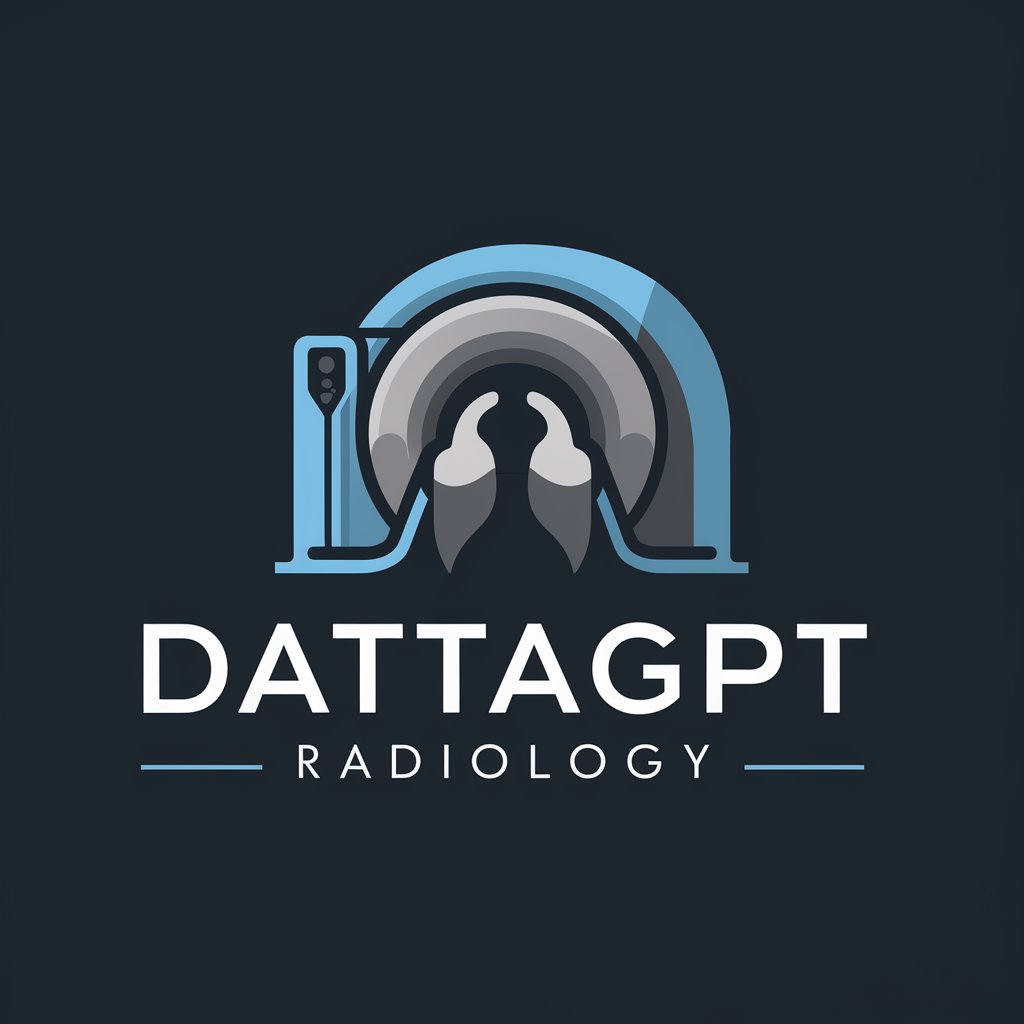
GERA - The Genetic Report Assistant
Decipher Genetics with AI Precision
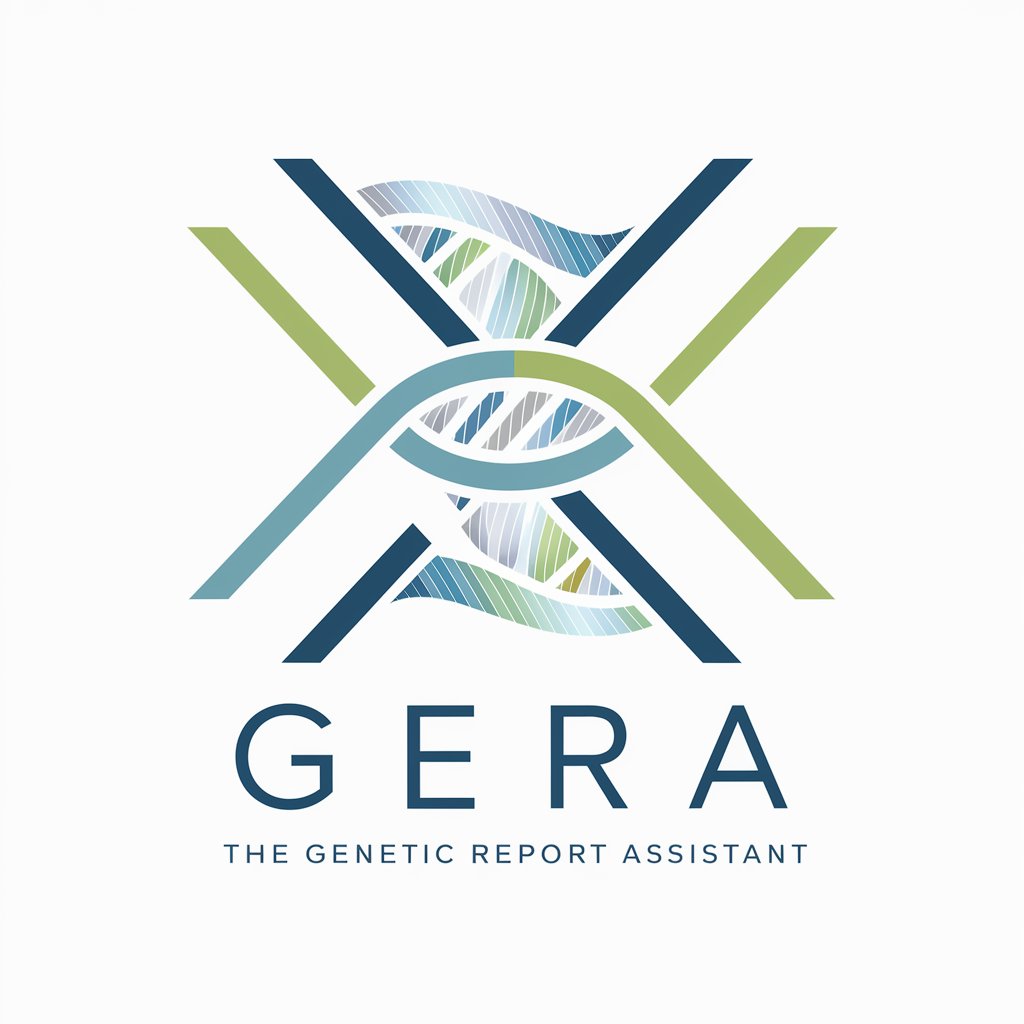
Sclépios I.A: Complex Case
Empowering medical decisions with AI

Veterinary Urinary Edu
Empowering veterinary care with AI insights
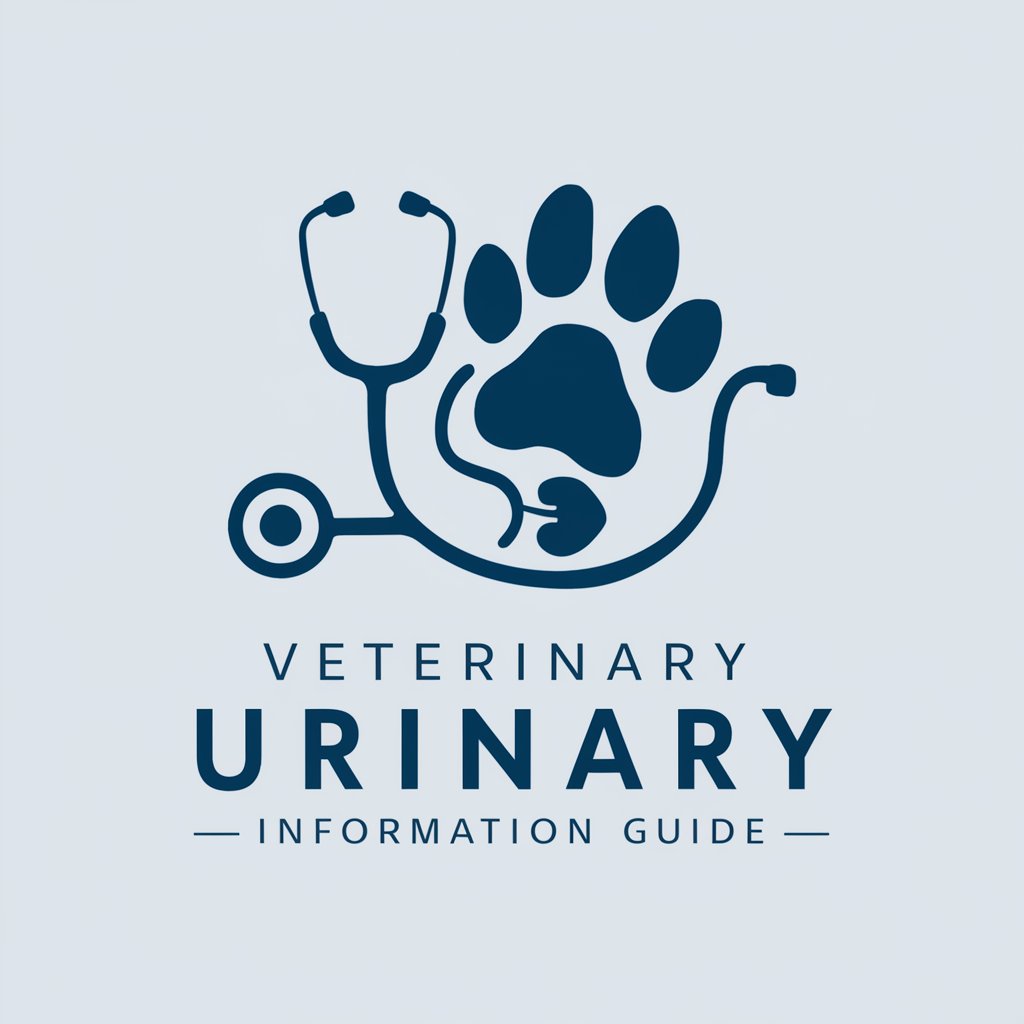
🦠 MicrobeMapper: Culture Sleuth 🔬
Decipher microbes with AI precision.

Coding for pipeline of Non-Ref transposon detect
Decipher genomic secrets with AI-driven transposon detection.
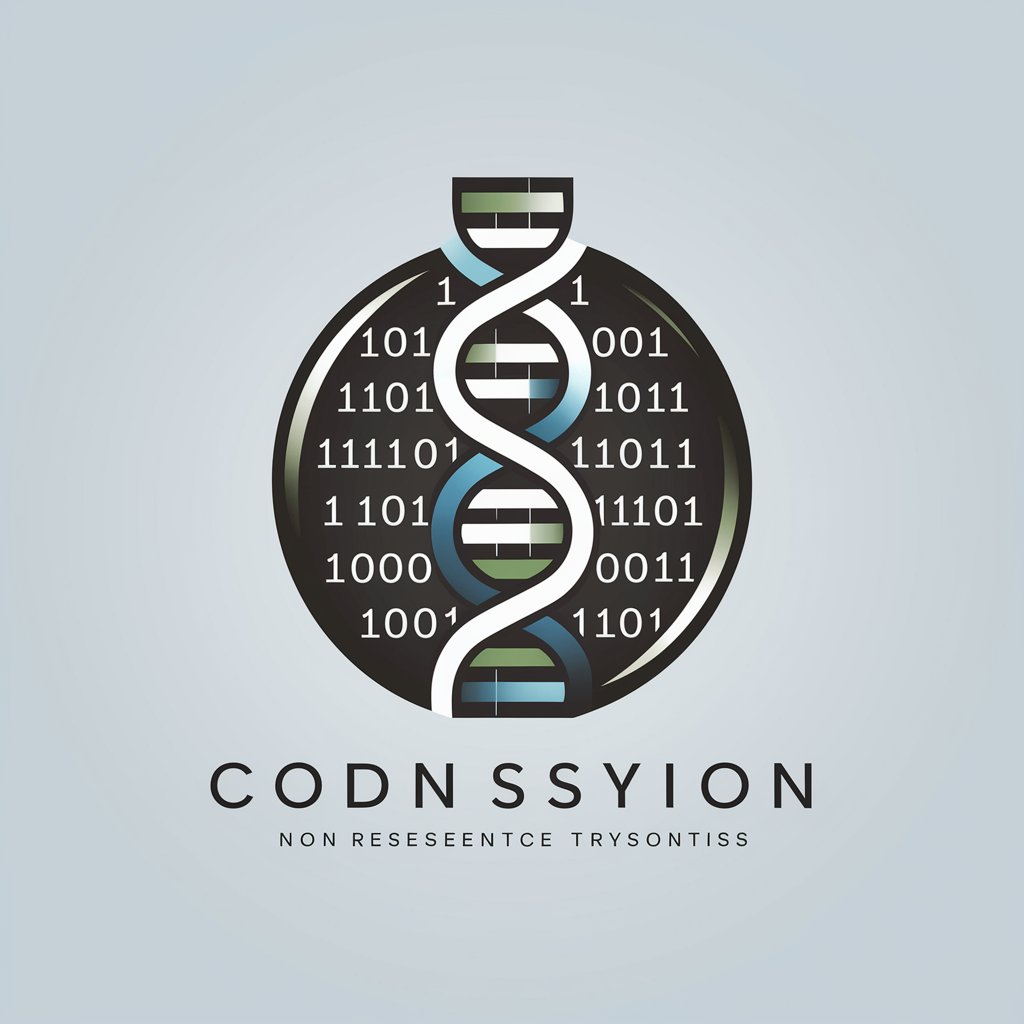
CliniAssist
Empowering clinicians with AI-driven insights.
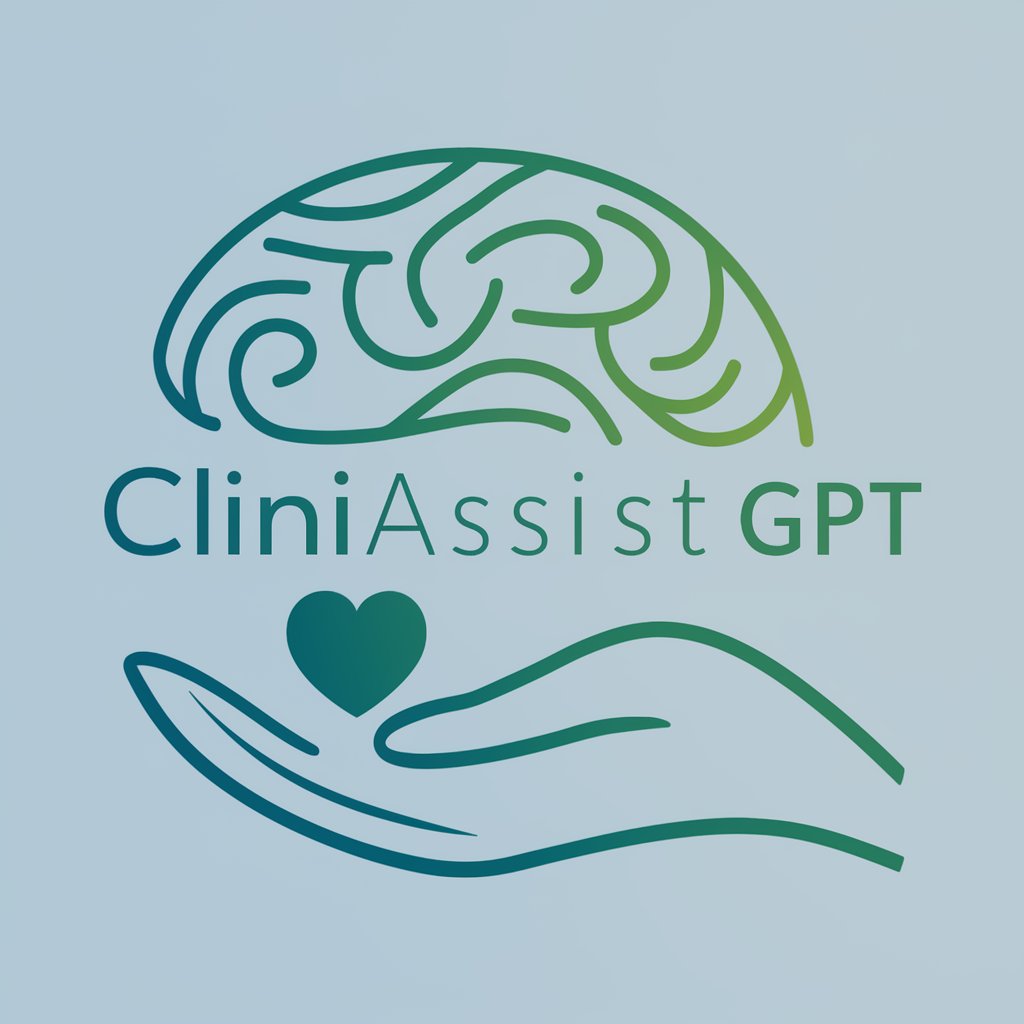
magneto-encephalography
Deciphering Brain Waves into Speech
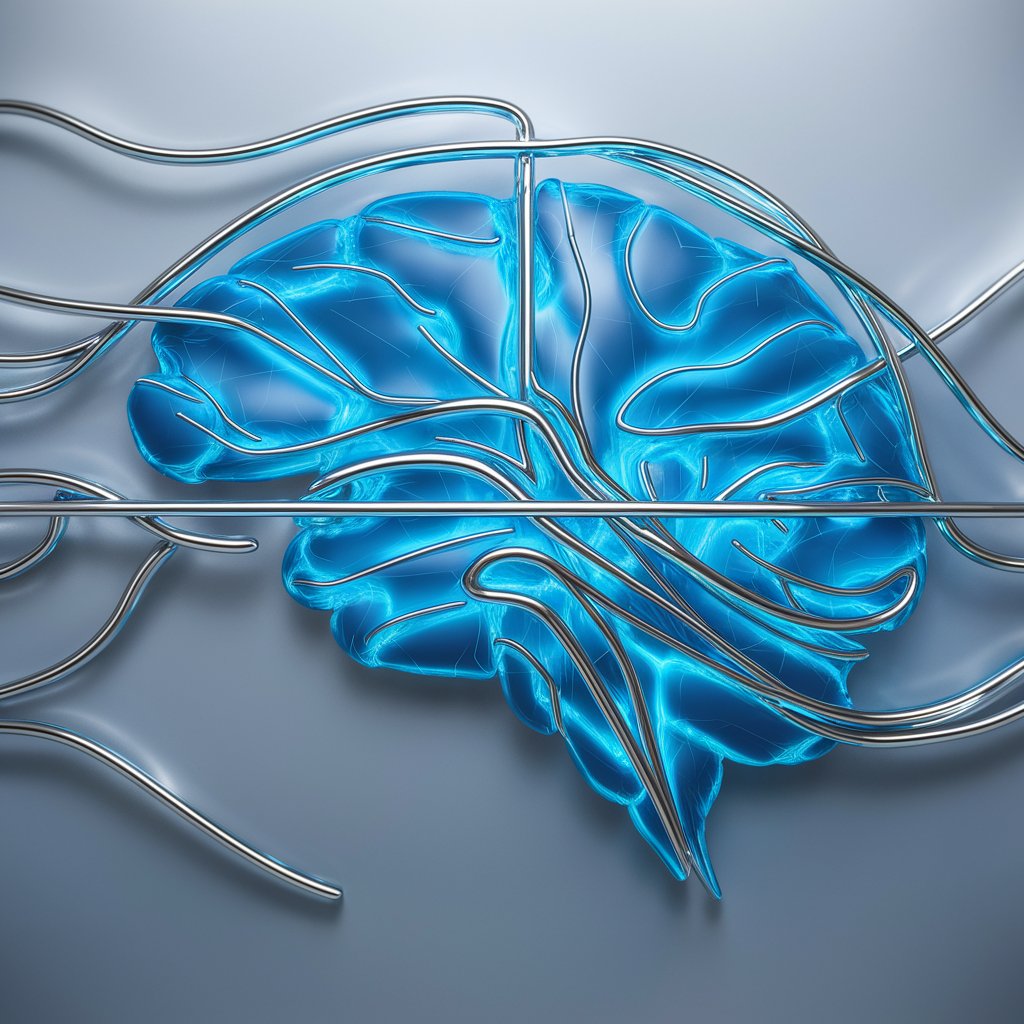
Essential Attributes of Clinical Diagnostics AI
These GPT tools stand out for their adaptability, supporting a range of functions from basic queries about symptoms and diseases to complex predictive analytics for patient outcomes. Unique capabilities include the ability to learn medical terminologies, interpret clinical data, provide evidence-based recommendations, and support decision-making processes. They can also analyze medical images with high precision, offer technical support for integrating with healthcare systems, and facilitate web searches for the latest research findings.
Who Benefits from Clinical Diagnostics AI?
AI GPTs for Clinical Diagnostics cater to a diverse audience including healthcare professionals, medical researchers, and students. They are accessible to novices in the medical field, offering straightforward interfaces and guidance. For developers and technologically adept users, these tools offer customization options to develop bespoke solutions, enhancing their utility in specialized clinical settings.
Try Our other AI GPTs tools for Free
Radiology Research
Explore AI GPTs for Radiology Research: Unlocking advanced AI capabilities for image analysis, report generation, and predictive insights to transform radiological studies and practices.
Relationship Simulation
Discover how AI GPTs for Relationship Simulation can transform your understanding of interpersonal dynamics through advanced, emotionally intelligent interactions.
Dynamic Interaction
Discover how AI GPTs for Dynamic Interaction can revolutionize your engagement strategies with adaptable, intelligent solutions tailored to meet diverse needs.
Goal Visualization
Unlock your potential with AI-powered Goal Visualization tools, designed to help you set, track, and achieve your objectives with precision and ease.
Motivational Enhancement
Discover how AI GPTs for Motivational Enhancement can transform your motivation strategy with personalized, AI-driven support for achieving personal and professional goals.
Reputation Management
Revolutionize your online reputation with AI GPTs: tailor-made, intelligent solutions for managing and enhancing digital presence effectively and efficiently.
Expanding the Horizons of Healthcare with AI
AI GPTs for Clinical Diagnostics not only streamline diagnostic processes but also offer potential for personalized medicine and predictive analytics. Their integration into healthcare systems promises enhanced patient outcomes, efficiency, and the democratization of access to expert-level medical knowledge.
Frequently Asked Questions
What are AI GPTs for Clinical Diagnostics?
AI GPTs for Clinical Diagnostics are artificial intelligence tools designed to assist in the interpretation and analysis of clinical data, supporting diagnostics and patient care through advanced algorithms and natural language processing.
How do these tools improve clinical diagnostics?
They enhance diagnostic accuracy, efficiency, and personalized care by analyzing medical data, interpreting patient information, and providing evidence-based recommendations.
Can non-experts use AI GPTs effectively in clinical settings?
Yes, these tools are designed with intuitive interfaces that make them accessible to non-experts, while also offering advanced features for professional customization.
How do AI GPTs stay updated with medical advancements?
They continuously learn from new data, research findings, and clinical guidelines to ensure their recommendations are based on the latest medical knowledge.
Can these tools integrate with existing healthcare systems?
Yes, they are designed to be compatible with various healthcare IT systems, allowing for seamless integration and data exchange.
Do AI GPTs for Clinical Diagnostics support image analysis?
Yes, many of these tools include capabilities for analyzing medical images, such as X-rays and MRIs, using machine learning algorithms.
What privacy measures are in place for patient data?
These AI tools are developed with stringent data privacy and security measures to protect patient information in compliance with healthcare regulations.
Are there any limitations to using AI GPTs in clinical diagnostics?
While highly beneficial, these tools should be used as a complement to, not a replacement for, human judgment and expertise in clinical decision-making.